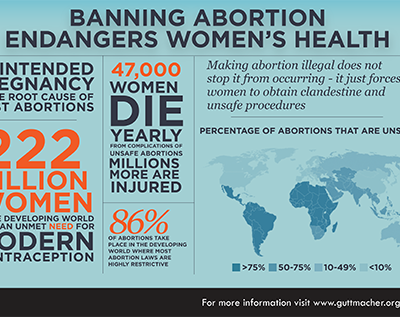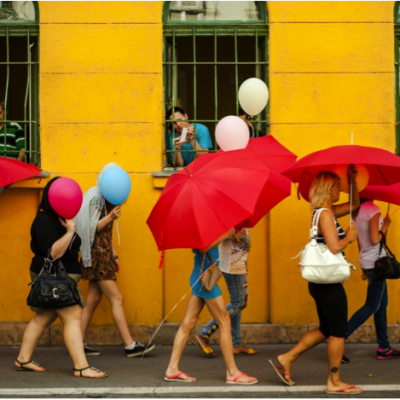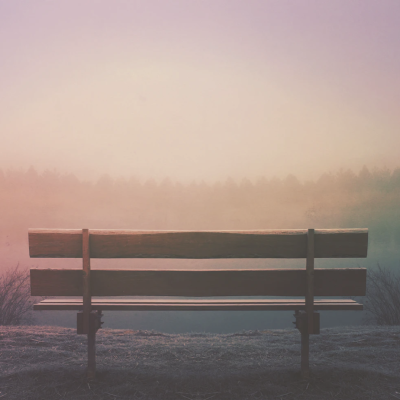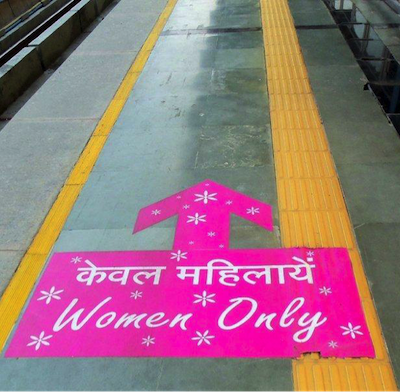Voices
Abortion and sex work share the distinction of being topics on which even feminist activists sometimes find it difficult to remain non-judgmental, confronting feminists with the question: to what lengths are we really willing to go to respect and enable women’s choices and bodily autonomy?
The eight UN Millennium Development Goals (MGDs) have been rightly criticised because they were too narrow, failed to address the…
Being an adolescent is never easy. It is the beginning of one’s life journey to answering the ultimate existential question:…
Erotica, which according to statistics is largely a women dominated genre, often creates a platform where women across space and time can connect and don’t feel alienated in their sexual needs when they find a heroine with the same desire, or when they read about a plot situation which resonates with their own.
Most parents, teachers, and caregivers feel embarrassed when talking about sexuality with children and imparting sexuality education. Is there a way to overcome this by using humour?
Sex work remains a highly contested issue. In most places in the world, societies and laws impose horrendous stigma and abuses on sex workers. But even within human rights movements there are disputes about whether sex work should be seen as labour or as exploitation…
What exactly does being ‘comfortable with your sexuality’ mean? From a young age, all children, especially girls, are taught about specific ‘values’, and how we all need to behave in a certain manner or else we’re being ‘inappropriate’. However, I think the term ‘inappropriate’ simply means, “You should be ashamed of your body and should only think about concealing yourself”. And then our teachers and elders and others around us expect us to be automatically comfortable with our sexuality and with how we look, all the while trying to control us and impose their ideas on us.
What does it mean to hold space and extend compassion to ourselves and our communities? Rachel Cargle reminds us to ask ourselves: who would we be if we weren’t trying to survive? Similarly, what would care and vulnerability look like if we weren’t trying to survive? The anarchy of queerness constantly and necessarily resists the capitalist engineering of the Survival Myth: one that wants us to endure an isolated life instead of embracing it with the radically transformative joy of togetherness. Caring for yourself precedes, succeeds, and exists alongside caring for the collective.
Marking the genitalia as ‘private’ is somehow expected of parents who want to make sure that their kids don’t allow predators in. However, this duty should be followed at the right time with a conversation about sex, which will open the door to speaking about sexuality
As renowned queer scholar Judith Butler said, “For those who are still looking to become possible, possibility is a necessity.” This is essential but also easier said than done.
As renowned queer scholar Judith Butler said, “For those who are still looking to become possible, possibility is a necessity.” This is essential but also easier said than done.
This stigma of caste, class and sexuality is a pervasive amalgamation of socio-cultural mindsets that take root and function in myriad complex ways, and paint working women in broad, sweeping, agency-less brush strokes.















